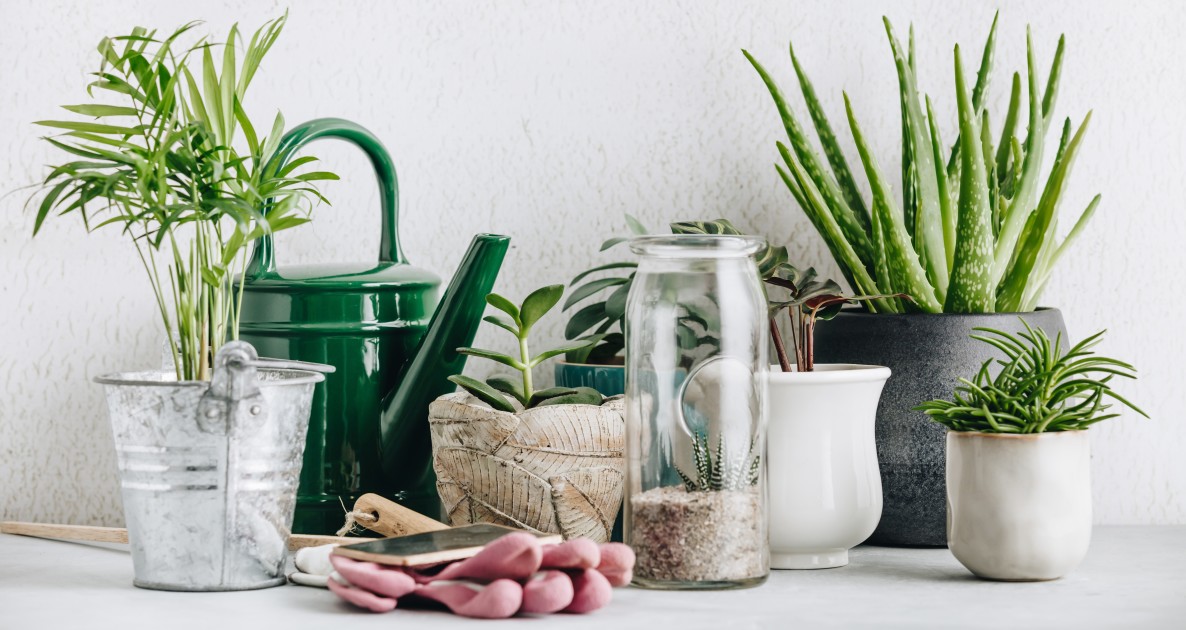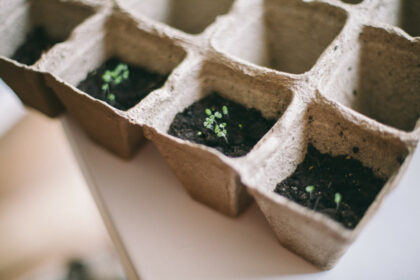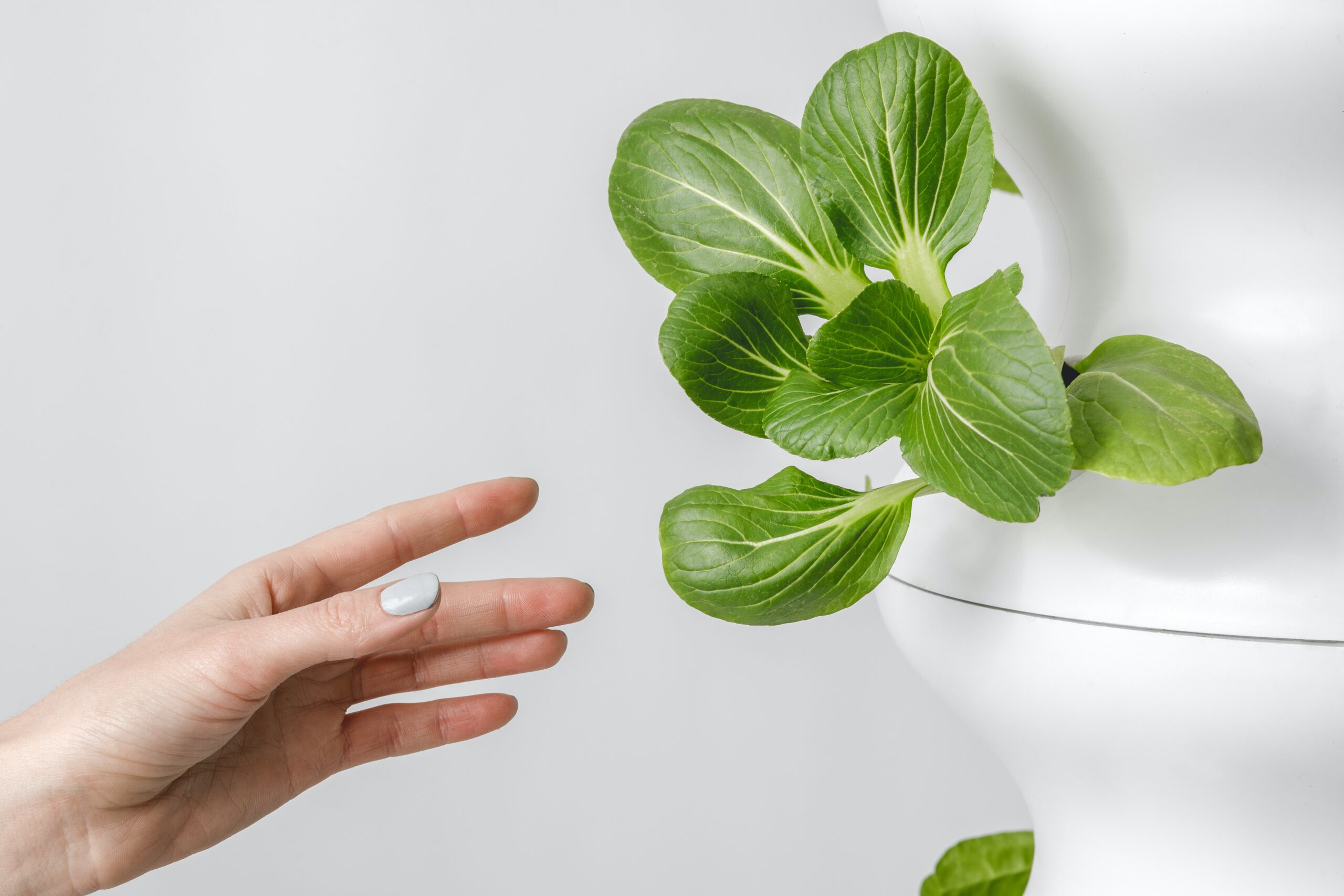Have you ever wondered about what to do with used coffee grounds? When you’re done with your morning cup of joe, you might feel like throwing the grounds in the garbage. But there are actually a lot of ideas on how to reuse coffee filters and coffee grounds like using coffee grounds in plants. From both environmental and financial perspectives, reusing your used coffee grounds can be beneficial. One of those ways is in your garden!
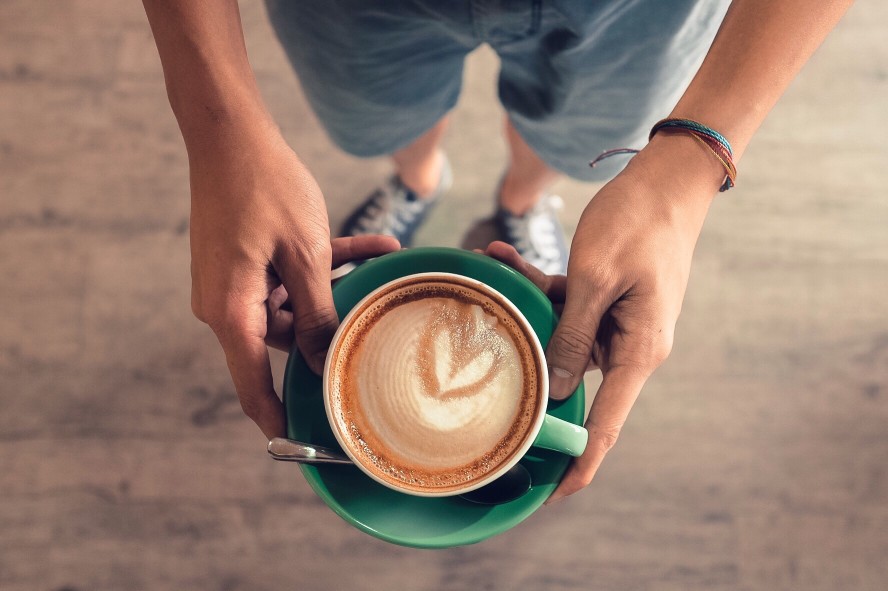
Coffee grounds are a great natural fertilizer. They’re high in nitrogen, potassium, and magnesium, which are essential nutrients for plants. When you sprinkle coffee grounds around the base of your plants, they’ll help to improve the soil’s quality and encourage healthy growth. In addition to using them as a fertilizer, you can also use coffee grounds in numerous other ways around the garden.
Keep reading for some surprising and clever ideas for using coffee grounds in your plants & garden.
Using Coffee Grounds in Plants
Rosebushes & other garden plants are beautiful during any season, but they tend to lose their leaves in the winter. This can make them look a bit bare. To help revive your roses & plants in the winter, add some coffee grounds to their soil. The nitrogen in the coffee grounds will help them to grow new leaves and stay healthy all season long.
Feed Your Worm Bin With Coffee Grounds
If you have a worm bin, adding coffee grounds is a great way to keep your worms happy. Worms love the smell of coffee, and it will help deter ants from invading your worm bin. Just spread some lightly moistened used coffee grounds on top of your worm bedding, and you’ll be sure to give your worms the food they need to stay healthy.

Stop Slugs And Snails With Coffee Grounds
Slugs and snails are garden pests that can do a lot of damage to your plants. These slimy creatures love the smell of coffee, however, so placing fresh coffee grounds around your plant will help keep them away. They may still crawl into your garden, but they won’t go near the water you’ve poured directly onto the ground.
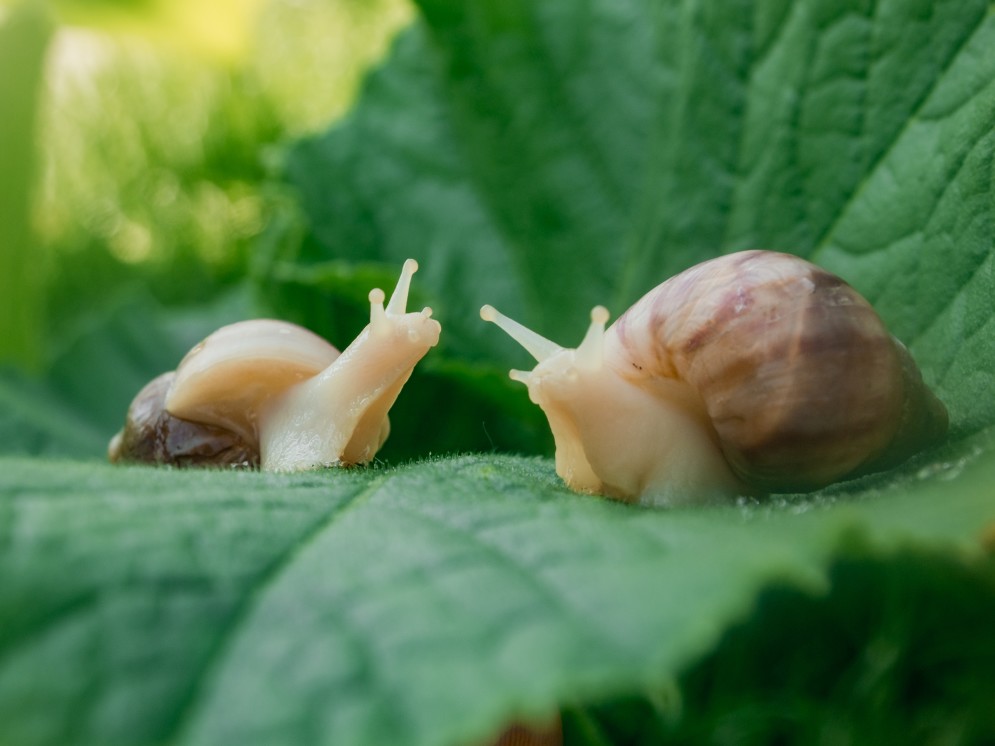
Composting Coffee Grounds
Composting coffee is a fantastic method to get more use out of something that would otherwise go to waste. Composting coffee grinds helps your compost pile develop nitrogen. It’s simple to mix used coffee grounds with your compost pile if you just throw them in there. Coffee filters can also be composted, as can old coffee grounds. If you put coffee filters and old coffee grounds in your compost pile, they will eventually break down and improve the soil.
Coffee Grounds as Fertilizer
As stated earlier, coffee is a fantastic fertilizer as it’s packed full of nitrogen, potassium, and magnesium. If you want to use your old coffee grounds as a fertilizer, just spread them out over the ground around your plants. They’ll absorb water from rainfall and slowly release it into the soil around your plant.
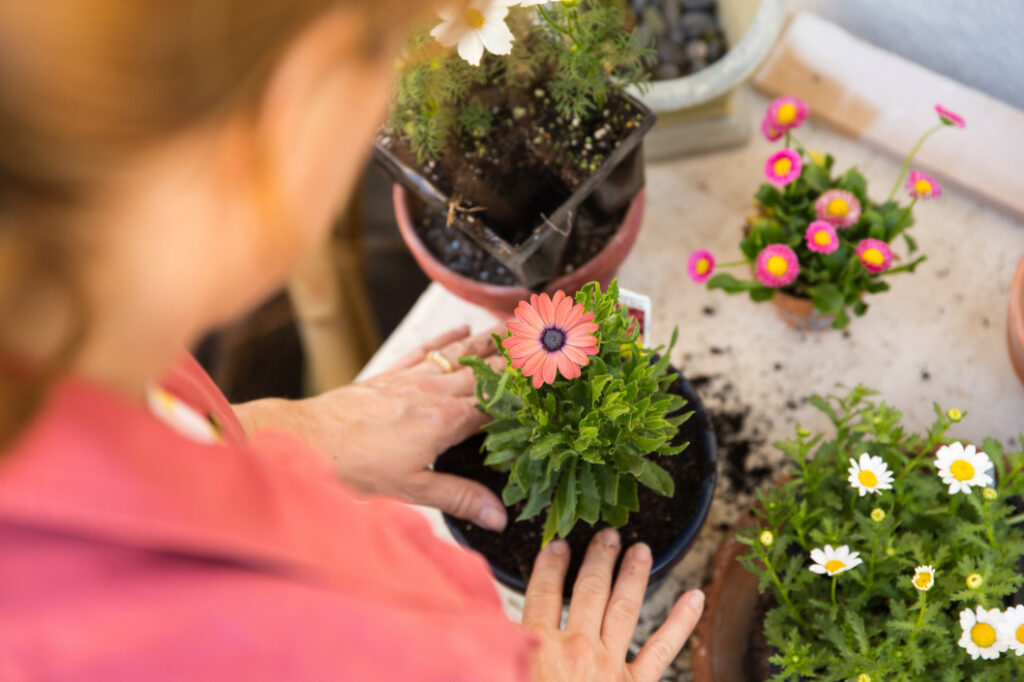
If people choose to place coffee grounds straight onto the soil and use it as a fertilizer. The thing to keep in mind is while coffee grounds add nitrogen to your compost, they will not immediately add nitrogen to your soil.
The benefit of using coffee grounds as a fertilizer is that it adds organic material to the soil, which improves drainage, water retention, and aeration in the soil. The used coffee grounds will also help microorganisms beneficial to plant growth thrive as well as attract earthworms. Remember…worms love to eat coffee grounds!
Other Uses for Used Coffee Grounds in Gardens
Coffee grounds can also be used in your garden for other things. Many gardeners like to use used coffee grounds as a mulch for their plants. Mulching helps to retain moisture in the soil, and the organic matter in the coffee grounds will also help improve the soil’s quality over time.
Coffee grounds and gardening are a match made in heaven. Whether you’re composting with coffee grinds or scattering used coffee grounds around the yard, you’ll see that coffee may give your garden as much of a lift as it does for you.
Looking for more gardening tips? Take a look at growing an herb garden in your kitchen.
Happy Gardening!

